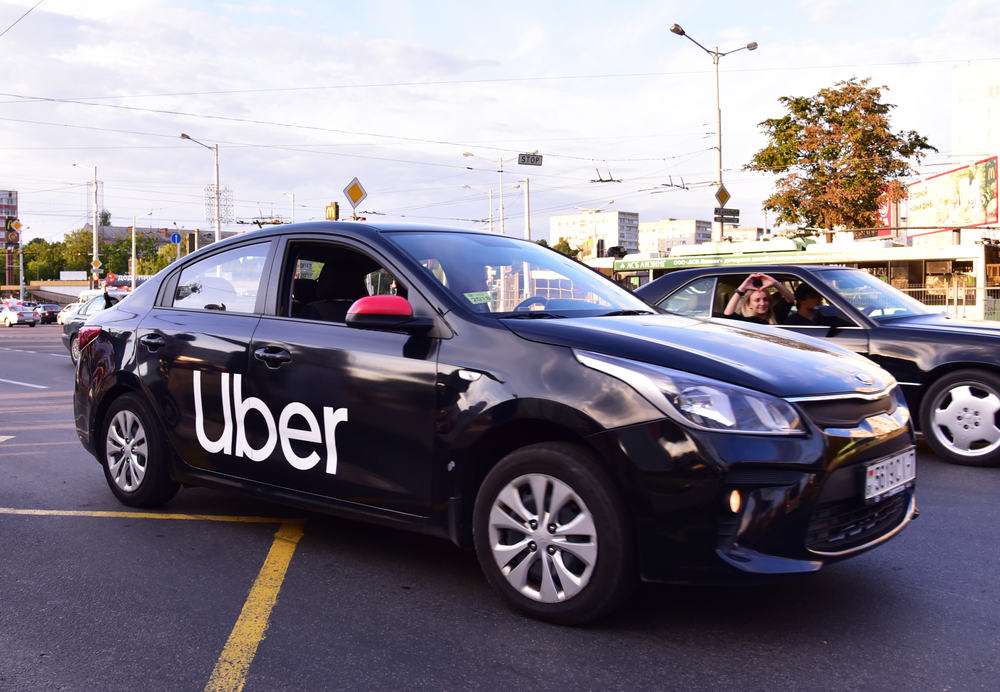
Uber Technologies Inc. is redefining its gig-economy model, incorporating freelance coders and data annotators to power artificial intelligence (AI) projects. Through its new division, Scaled Solutions, Uber aims to help companies build better machine learning models by providing high-quality datasets, a cornerstone of modern AI development.
A Bold Shift in Uber’s Playbook
Uber has leveraged its expertise in recruiting gig workers—traditionally drivers and couriers—to attract skilled contractors capable of labeling images, text, and videos with the context needed to train AI models. This move positions Uber to compete in a growing market dominated by firms like Scale AI Inc., valued at $14 billion. The company’s new venture underscores its ambition to diversify beyond ridesharing and food delivery, with clients already including Aurora Innovation Inc. and Niantic Inc., the developer of Pokémon Go.
Expanding Globally, Recruiting Locally
Uber is actively signing up gig workers from countries like India, the US, Canada, Poland, and Nicaragua. Contractors earn task-based fees, paid monthly, as they take on annotation work to refine AI systems for autonomous vehicles, language models, and augmented reality applications. For instance, coders might evaluate AI-generated responses to programming challenges or validate real-world mapping data for autonomous driving technologies.
Challenges in Worker Compensation
The gig model, while flexible, raises concerns about fair pay. Tasks such as video annotation for self-driving technology reportedly earn low wages in some regions. An Indian software engineer, for example, was paid around $2.37 for evaluating three coding challenges, reflecting broader challenges in fair compensation across the global AI gig workforce.
Uber’s Strategy for the AI Era
With a history of managing large-scale operations and a global footprint, Uber aims to set itself apart by combining automation with human oversight. Its Scaled Solutions team has already digitized restaurant menus, localized its rideshare services, and tested mobile app features, demonstrating its capacity to handle diverse tasks.
The Road Ahead
Uber’s foray into AI data labeling illustrates its readiness to transform itself into a multi-faceted tech services company. While the initiative opens opportunities for skilled freelancers, it also raises questions about the sustainability of gig work in the tech industry.
For more details, visit the Bloomberg article.




